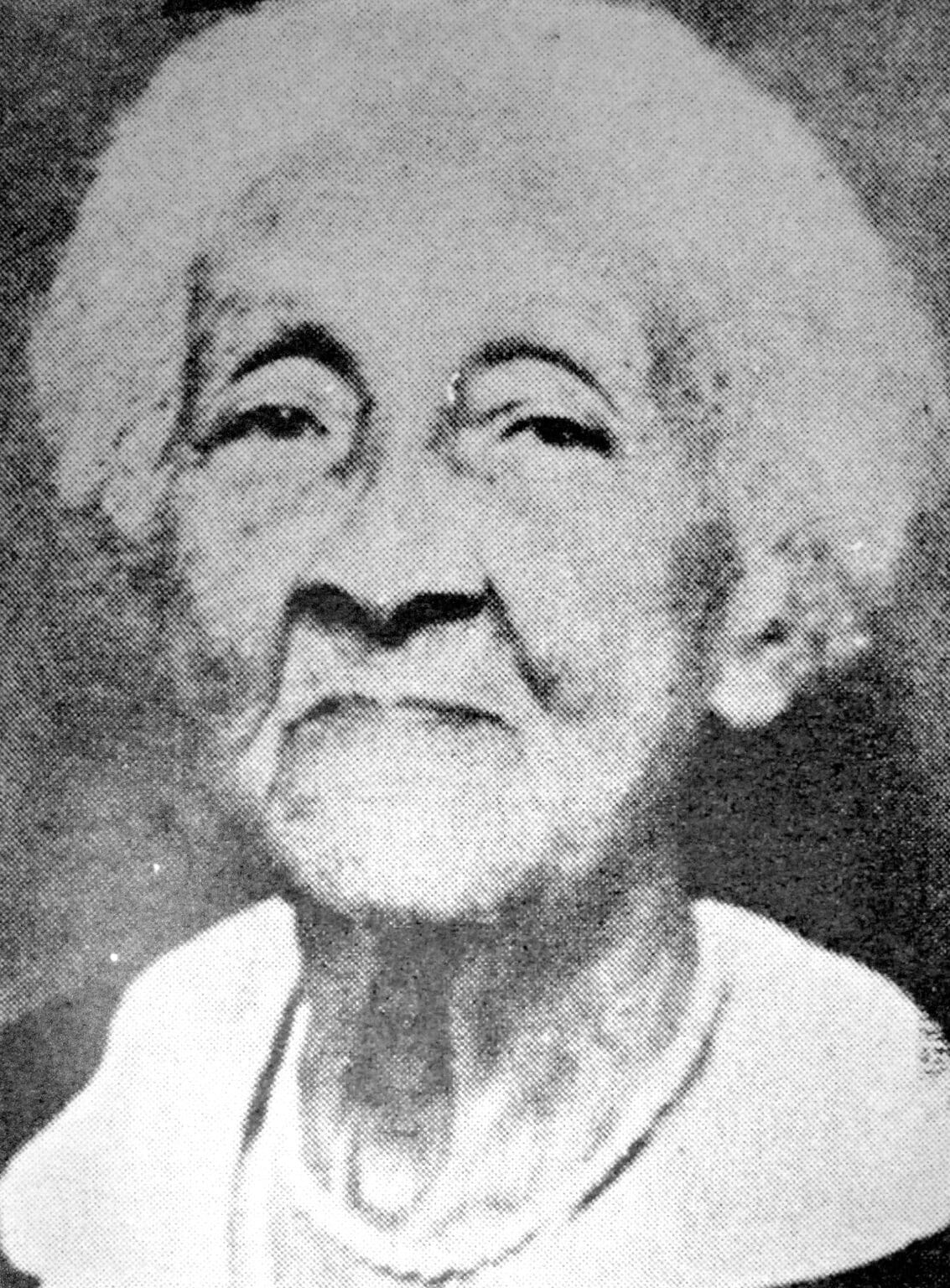RESOURCES
PEOPLE
Martha Ellen Sampson Forrester
1863-1951
Born into the upheaval of the Civil War in Richmond, Virginia, Martha Ellen Sampson Forrester came of age during Reconstruction— a period of both promise and peril for African Americans. As a graduate of the Colored High and Normal School in Richmond, Forrester began her life’s work as an educator in Richmond’s public schools. Her early career placed her in the company of trailblazers like Maggie L. Walker, the first Black woman to charter and serve as president of a bank in the United States. That same spirit of leadership and self-determination would shape Forrester’s future.
After the death of her husband, Robert Forrester, she joined her daughter in Farmville, Virginia — a town deeply marked by the racial inequities of the Jim Crow South. It was there that Forrester turned her attention to educational justice. In 1920, she and five other women founded the Council of Colored Women, a pioneering organization committed to advancing educational opportunities for Black children in Prince Edward County.
Under Forrester’s leadership as president, the Council pushed county officials to expand the Mary E. Branch School and later secured the construction of Robert Russa Moton High School-named in honor of the influential Black educator. Through tireless fundraising, including a $1,000 contribution for the school’s auditorium, Forrester and the Council affirmed the principle that Black children deserved not only access to education but dignity within it.
Even as she aged, Forrester’s commitment never waned. In 1951, just months before her death, she stood in solidarity with the students of Moton High School who launched a historic strike against segregation. Present at the mass meeting at First Baptist Church, she stood with a new generation taking up the fight she had waged for decades.
